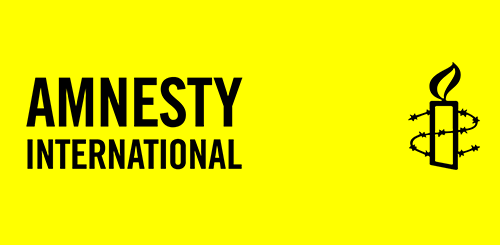Morgan Tsvangirai was a courageous politician who also stood up for human rights for the people of Zimbabwe, often at personal cost, Amnesty International said following the death of the opposition leader last night, aged 65.
“As a political leader Morgan Tsvangirai inspired hopes of millions of Zimbabweans at times when human rights were under threat,” said Deprose Muchena, Amnesty International’s Regional Director for Southern Africa.
“His death will be felt as a serious blow by those who continue to struggle for human rights, rule of law and social justice in Zimbabwe.”
Following a career as a trade unionist, Morgan Tsvangirai rose to the centre of Zimbabwean politics in the late 1990s when he founded the Movement for Democratic Change (MDC). He served as Prime Minister between 2009 and 2013.
As a trade unionist he championed workers’ rights and led the struggle for social and economic rights of millions of Zimbabweans.
As an opposition politician he repeatedly challenged human rights violations and injustices, including the arrests and intimidation of activists, journalists and political opposition figures.
Tsvangirai himself was beaten and arrested several times by the Zimbabwean security forces for his political activities and for championing the human rights of others, including during elections.
During the 2008 Presidential poll he and his supporters were targeted for their political views, suffering violence at the hands of state agents.
Background
Morgan Tsvangirai was born on 10 March 1952 in Gutu, in the Masvingo Province in the South of Zimbabwe.
He was deeply rooted in labour activism in his early political career, leading the Associated Mine Workers Union. He was elected the Secretary General of the Zimbabwe Congress of Trade Unions (ZCTU), the primary trade union federation in Zimbabwe, in 1988. He founded the main opposition Movement for Democratic Change in 1999.













